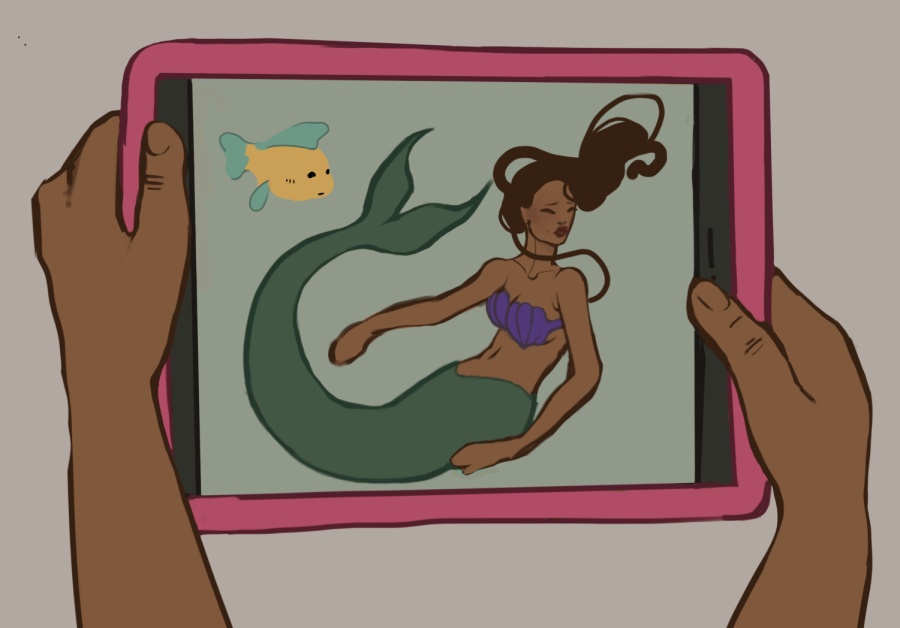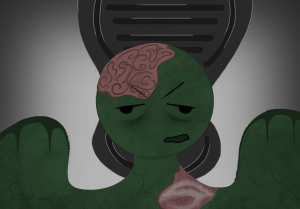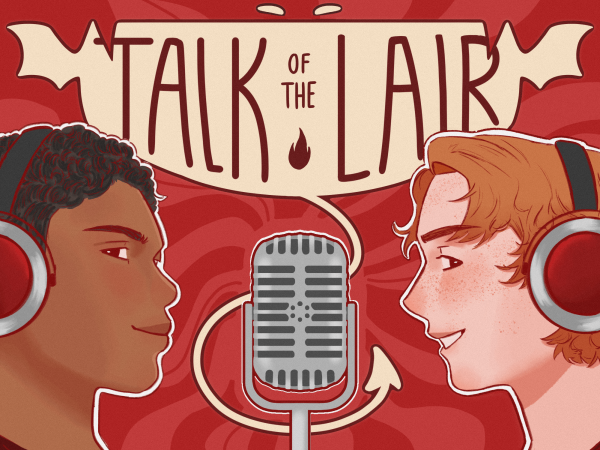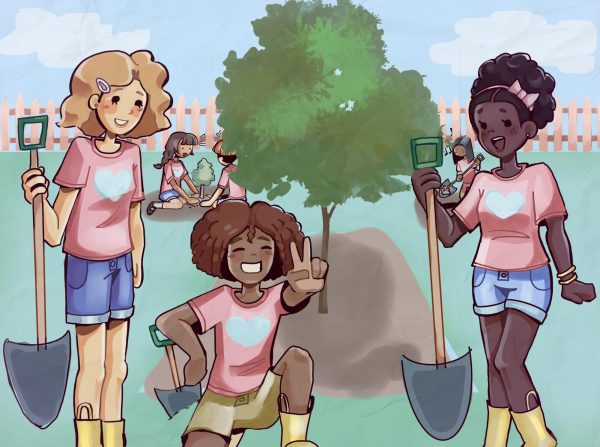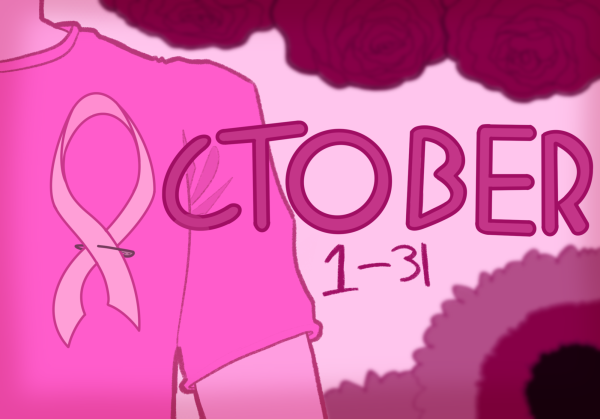Opinion: Disney’s live action remake of “The Little Mermaid” reminds us of the significance of representation
The 2022 live action remake of “The Little Mermaid” sheds new light on the important role of representation in media.
October 1, 2022
In recent years Disney has produced live action remakes of some of their most beloved animated movies, including “The Jungle Book” (2016) and “Pinocchio” (2022). While some of these remakes bring people nostalgia, others have been shockingly disappointing. Although these new renditions have been hit or miss, we can’t ignore the fact that they finally have allowed Disney to show some much-needed representation of minority groups.
“The Little Mermaid”, set to release in May 2023 starring Halle Bailey, recently put out a teaser trailer showing fans what to look forward to. While it has many excited for a live action version, people have also become seemingly enraged over the casting choices, with hashtags such as #notmyariel trending on social media. The problem they see? The fact that Halle Bailey does not have the same skin tone as Ariel in the original animation.
While some may see this as an issue, for others the new casting gives both them and their children a sense of inclusion and representation not present in previous Disney Studios productions. Videos displaying young children watching the trailer and becoming ecstatic have also emerged, showing how truly important this act was to them and also exemplifying the under-representation they’ve experienced.
This representation in media is extremely important, but it is worth mentioning that similar financially motivated remakes in the past have been subpar when compared to the quality of their older counterparts, “The Lion King” being a prime example. With a lack of creativity, creepy CGI and key moments in the movie being delivered wrong, Disney’s remakes can easily lose that special sparkle people look forward to reliving.
Why does representation matter?
Representation is very influential as it can allow people to feel a sense of identity, belonging and a broader sense of imagination in relation to different fields of practices.
When talking to Channing McClure ‘25 about if she felt represented as a child she said “When I was younger some TV shows did have representation of [people of color] but not like a whole lot.”
As a child, it is important to be able to see lead roles that you can relate to, whether it is due to similarities in cultural aspects, life stories or personality traits. This allows people to be able to associate themselves with other dreams for the future besides the ones that society has already set for them.
However, some outraged people have made comments like “you’re ruining my childhood” in response to the casting choices. Rather than saying it is ruining someone’s childhood, we need to focus on the children whose childhoods are currently being created. Representation can have such a big impact children because it can help them love and appreciate who they are and what they look like.
When reflecting back on her childhood, Magdalena Lay ‘25, a student at Foothill Technology High School (Foothill Tech), elaborated on how the lack of representation as a kid affected her. “When I was little I wanted to be white, I wanted to look like Liv and Maddie cause that’s the only people I saw on screen,” Lay said.
“Liv and Maddie” is a popular Disney show which aired between 2013 and 2017 and followed a stereotypical Disney family. The main characters, Liv and Maddie, are both played by Dove Cameron (who is white) and the show generally lacked representation throughout its four year run.
When asked about how she feels on Disney Studios upcoming live action version of “The Little Mermaid”, Lay claims she feels as though it is “really important that they’re putting this out because it’s good to see representation and it makes it easier to love yourself and your culture.”
Overall, representation, whether there is a lack of it or an abundance of it, has the power to change your perspective on yourself. Therefore, if people are still bothered by the color of Ariel’s skin, they can simply choose to not watch the movie. Movies are not made to appease everyone and providing representation is far more important than peoples’ short term opinions. Representation matters; everyone deserves to be able to look up at the screen and see themselves in the lead role.


